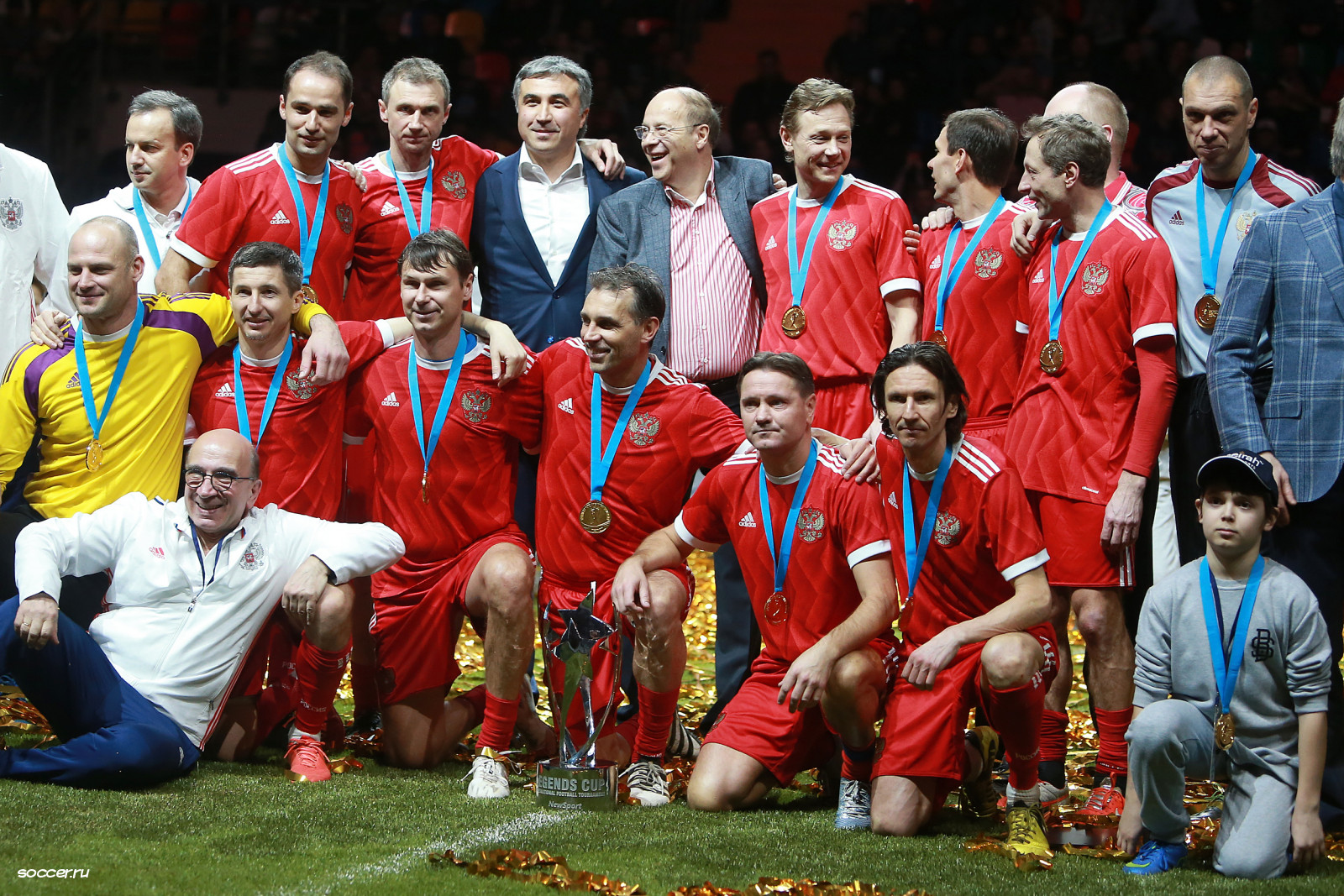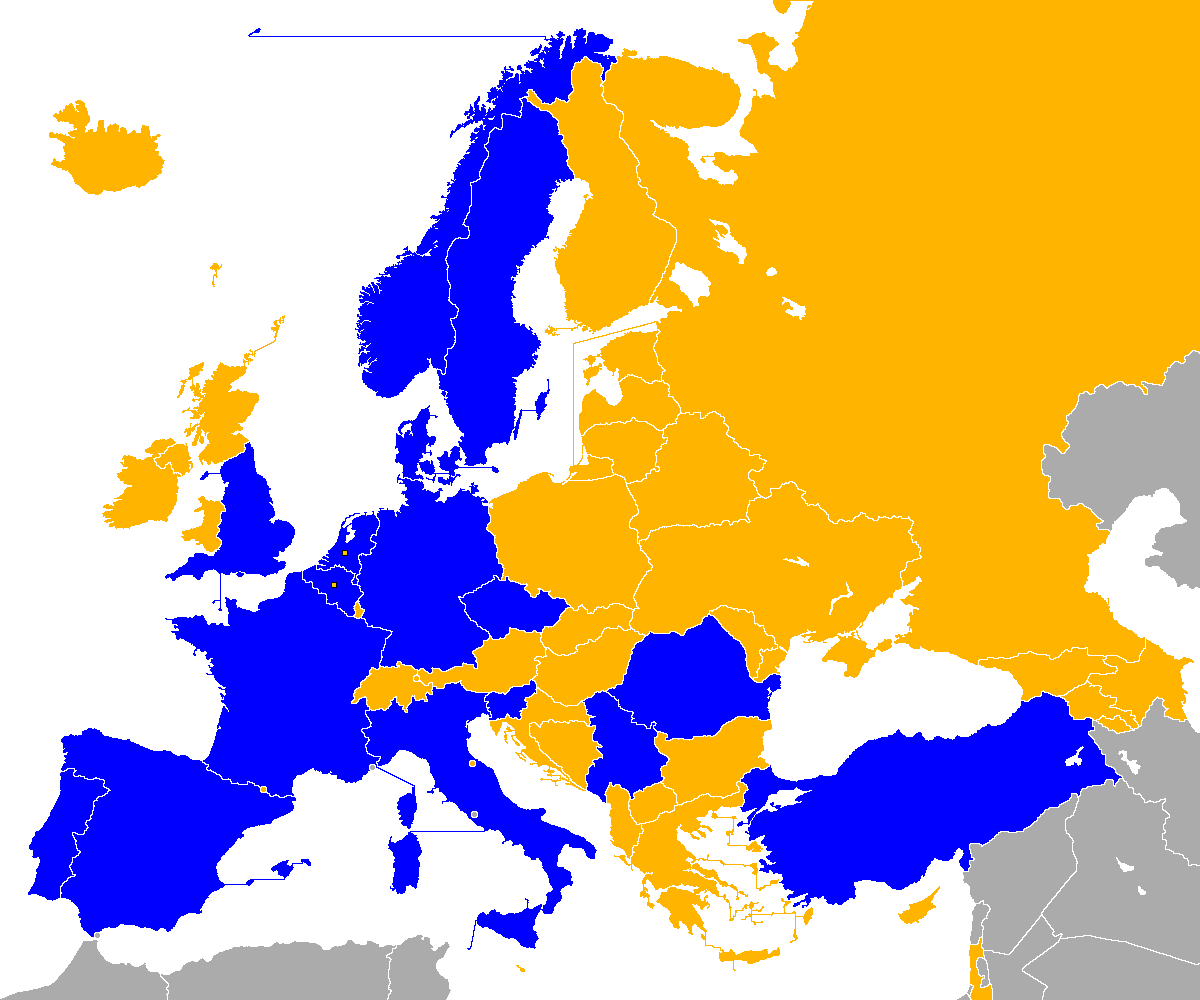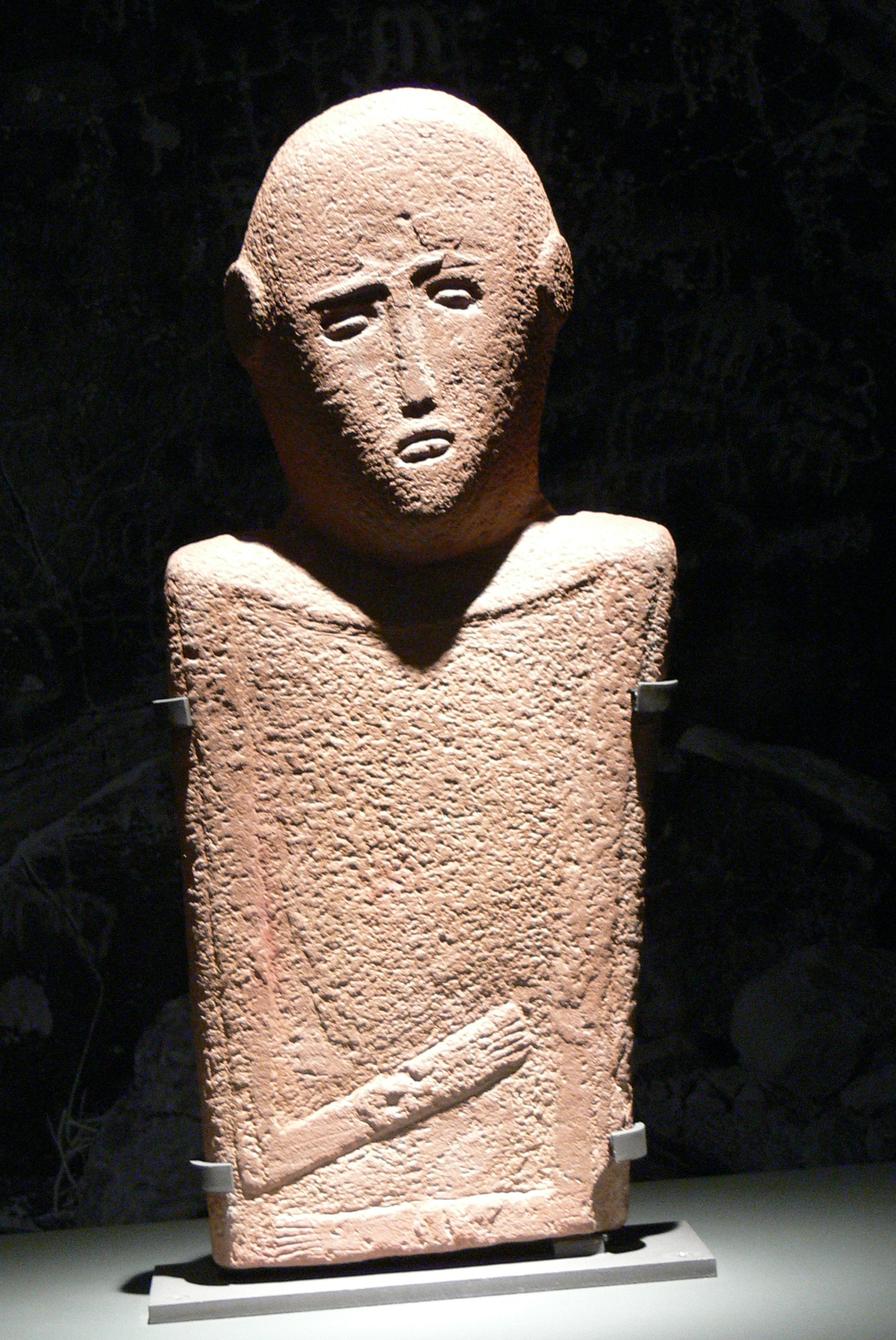|
Paulo Madeira
Paulo Sérgio Braga Madeira (born 6 September 1970) is a Portuguese former professional Association football, footballer who played as a Defender (association football)#Centre-back, central defender. Club career Madeira was born in Luanda, Portuguese Angola. A youth graduate of S.L. Benfica, he made his first-team debut in 1989–90 Primeira Liga, 1989–90 and, after serving a loan with fellow Primeira Liga club C.S. Marítimo, returned for 1994–95 Primeira Liga, another season. After excellent displays with Lisbon neighbours C.F. Os Belenenses, Madeira was bought back by Benfica, but failed to appear regularly in his second spell with his ''alma mater'' (five years), which included a demotion to S.L. Benfica B, the reserves. He retired at almost 34 after brief stints with Fluminense FC and C.F. Estrela da Amadora, with 2003–04 Primeira Liga, the campaign ending in relegation; over the course of 13 seasons, he amassed top-division (the only competition he appeared in in h ... [...More Info...] [...Related Items...] OR: [Wikipedia] [Google] [Baidu] |
Legends Cup (Russia)
The Legends Cup () is an unofficial, international friendly Five-a-side football, six-a-side football tournament that is not recognized by FIFA, for retired senior (35+) players held in Russia since 2009. A match lasts 40 minutes, 20 minutes a half. Half-time takes 10 minutes. There are 5 field players and a goalkeeper (association football), goalkeeper. The tournament is held with the support of the Russian Football Union, the Moscow City Duma and the State Duma. Russia has won the most titles with 14 to date. Competitions Finals Note: All editions held in Moscow Wins by country References External links * {{Friendly association football tournaments in Russia 2009 establishments in Russia International association football competitions hosted by Russia Legends Cup (Russia), Recurring sporting events established in 2009 Russian football friendly trophies ... [...More Info...] [...Related Items...] OR: [Wikipedia] [Google] [Baidu] |
Eschen
Eschen (; High Alemannic: ''Escha'') is a municipality in the north of Liechtenstein. It covers an area of , and is one of the five communes in the Unterland electoral district. As of 2024, it has a population of 4,629 inhabitants. Etymology The name is considered to be of Celtic origin, derived from "esca" meaning "by the waterside". History Archeological evidence points to some pre-historic settlements in the region. Eschen was established as "Essane" during the Rätic reign in 842 CE. The name of the village Nendeln appears in written text from the 14th century CE. It is given by different names such as Nendla, Endlen, and Anndlen. The first lower secondary school was opened in Eschen in 1906. Geography Eschen is a municipality in the north of Liechtenstein. It covers an area of , and is one of the five communes in the Unterland electoral district. It shares international borders with Vorarlberg in Austria, and St. Gallen in Switzerland. Locally, it shares land ... [...More Info...] [...Related Items...] OR: [Wikipedia] [Google] [Baidu] |
Sportpark Eschen-Mauren
Sportpark Eschen-Mauren is a multi-sport complex in Eschen, Liechtenstein. It is used mostly for football (soccer), football matches and is the home ground of USV Eschen/Mauren as well as Liechtenstein national youth football teams. It was the national stadium of Liechtenstein national football team until 1998 when the Rheinpark Stadion in Vaduz opened. Sportpark Eschen-Mauren, opened in 1975, has 500 covered seats and a total capacity of 2000. The stadium featured three group stage matches at the 2003 UEFA European Under-19 Championship and six group stage matches at the 2010 UEFA European Under-17 Championship. References Football venues in Liechtenstein Sport in Eschen {{Liechtenstein-sports-venue-stub ... [...More Info...] [...Related Items...] OR: [Wikipedia] [Google] [Baidu] |
UEFA Euro 2000 Qualifying
Qualifying for the UEFA Euro 2000 final tournament, took place throughout 1998 and 1999. Forty-nine teams were divided into nine groups. All teams played against each other, within their groups, on a home-and-away basis. The winner of each group and the best runner-up qualified automatically for the final tournament. The rest of the runners-up played an additional set of playoff matches amongst each other. Both Belgium and the Netherlands qualified automatically as co-hosts of the event. Qualified teams Qualification seeding The draw occurred on 18 January 1998, in Ghent, Belgium. The 49 participating teams were divided into five drawing pots based on the newly introduced 1997-edition of the UEFA national team coefficient ranking, which calculated an average of the team's points per game achieved combined in the Euro 1996 and 1998 World Cup qualifiers. The seeding list was however subject to some few minor modifications: * Germany were seeded first and not fifth as the ... [...More Info...] [...Related Items...] OR: [Wikipedia] [Google] [Baidu] |
Guimarães
Guimarães () is a city and municipality located in northern Portugal, in the district of Braga. Its historic town centre has been listed as a UNESCO World Heritage Site since 2001, in recognition for being an "exceptionally well-preserved and authentic example of the evolution of a medieval settlement into a modern town" in Europe. The Nicolinas are the city's main festivities. Guimarães is referred as the capital of the Ave Subregion (one of the most industrialised subregions in the country), and located in the historical Minho Province. The municipality has a population of 156,830 inhabitants according to the most recent data of 2021 in an area of . The current mayor is Domingos Bragança, of the Socialist Party. Guimarães, along with Maribor, Slovenia, was the European Capital of Culture in 2012. Guimarães also received the 2026 European Green Capital Award. The city was settled in the 9th century, at which time it was called ''Vimaranes''. This name might have ... [...More Info...] [...Related Items...] OR: [Wikipedia] [Google] [Baidu] |
Saudi Arabia
Saudi Arabia, officially the Kingdom of Saudi Arabia (KSA), is a country in West Asia. Located in the centre of the Middle East, it covers the bulk of the Arabian Peninsula and has a land area of about , making it the List of Asian countries by area, fifth-largest country in Asia, the largest in the Middle East, and the List of countries and dependencies by area, 12th-largest in the world. It is bordered by the Red Sea to the west; Jordan, Iraq, and Kuwait to the north; the Persian Gulf, Bahrain, Qatar and the United Arab Emirates to the east; Oman to the southeast; and Yemen to Saudi Arabia–Yemen border, the south. The Gulf of Aqaba in the northwest separates Saudi Arabia from Egypt and Israel. Saudi Arabia is the only country with a coastline along both the Red Sea and the Persian Gulf, and most of Geography of Saudi Arabia, its terrain consists of Arabian Desert, arid desert, lowland, steppe, and List of mountains in Saudi Arabia, mountains. The capital and List of cities ... [...More Info...] [...Related Items...] OR: [Wikipedia] [Google] [Baidu] |
Cap (sport)
In sport, a cap is a player's appearance in a game at international level. The term dates from the practice in the United Kingdom of awarding a cap to every player in an international match of rugby football and association football. In the early days of football, the concept of each team wearing a set of matching shirts had not been universally adopted, so each side would distinguish itself from the other by wearing a specific sort of cap. An early illustration of the 1872 Scotland v England football match, first international football match between Scotland and England in 1872 shows the Scottish players wearing cowls, and the English wearing a variety of school caps. The practice was first approved on 10 May 1886 for association football after a proposal made by N. Lane Jackson, founder of the Corinthian F.C., Corinthians: The act of awarding a cap is now international and is applied to other sports. Although in some sports physical caps may not now always be given (wheth ... [...More Info...] [...Related Items...] OR: [Wikipedia] [Google] [Baidu] |
The Independent
''The Independent'' is a British online newspaper. It was established in 1986 as a national morning printed paper. Nicknamed the ''Indy'', it began as a broadsheet and changed to tabloid format in 2003. The last printed edition was published on Saturday 26 March 2016, leaving only the online edition. The daily edition was named National Newspaper of the Year at the 2004 British Press Awards. ''The Independent'' won the Brand of the Year Award in The Drum Awards for Online Media 2023. History 1980s Launched in 1986, the first issue of ''The Independent'' was published on 7 October in broadsheet format.Dennis Griffiths (ed.) ''The Encyclopedia of the British Press, 1422–1992'', London & Basingstoke: Macmillan, 1992, p. 330. It was produced by Newspaper Publishing plc and created by Andreas Whittam Smith, Stephen Glover and Matthew Symonds. All three partners were former journalists at ''The Daily Telegraph'' who had left the paper towards the end of Lord Hartwell' ... [...More Info...] [...Related Items...] OR: [Wikipedia] [Google] [Baidu] |
Substitute (association Football)
In association football, a substitute is a player who is brought on to the pitch during a match in exchange for an existing player. Substitutions are generally made to replace a player who has become tired or injured, or who is performing poorly, or for tactical reasons (such as bringing a striker on in place of a defender). A player who has been substituted during a match takes no further part in the game, in games played under the standard International Football Association Board Laws of the Game. Substitutions were officially added to the Laws of the Game in 1958. Prior to this most games were played with no changes permitted at all, with occasional exceptions in cases of extreme injury or players not arriving to matches on time. The number of substitutes has risen over time as well as the number of reserve players allowed to be nominated. It is now common for games to allow a maximum of 5 substitutions; some competitions allow for an additional substitution when playing ex ... [...More Info...] [...Related Items...] OR: [Wikipedia] [Google] [Baidu] |
UEFA Euro 1996
The 1996 UEFA European Football Championship, commonly referred to as Euro 96, was the 10th UEFA European Championship, a quadrennial Association football, football tournament contested by European nations and organised by UEFA. It took place in England from 8 to 30 June 1996. It was the first European Championship to feature 16 finalists, following UEFA's decision to expand the tournament from eight teams. Matches were staged in eight cities and, although not all games were sold out, the tournament holds the European Championship's second-highest aggregate attendance (1,276,000) and average per game (41,158) for the 16-team format, surpassed only in UEFA Euro 2012, 2012. The tournament was the first European Championship where Three points for a win, three points were awarded for a win during the qualification and finals group stages, as opposed to the old system of two points for a win, reflecting the growing use of this system in domestic leagues throughout the world during ... [...More Info...] [...Related Items...] OR: [Wikipedia] [Google] [Baidu] |






